Birth name Nicholas Rodney Drake
Born June 19, 1948 Died November 25, 1974 Tanworth-in-Arden, England
^v^
Bryter Later Released November 1, 1970
Recorded Sound Techniques Studio, London
Label Island Records
Producer Joe Boyd


Robert Kirby Arranger, String Arrangements, Brass Arrangement, Bass Arrangement

 Biography
Biography
by Richie Unterberger
A singular talent who passed almost unnoticed during his brief lifetime, Nick Drake produced several albums of chilling, somber beauty. With hindsight, these have come to be recognized as peak achievements of both the British folk-rock scene and the entire rock singer/songwriter genre. Sometimes compared to Van Morrison, Drake in fact resembled Donovan much more in his breathy vocals, strong melodies, and the acoustic-based orchestral sweep of his arrangements. His was a much darker vision than Donovan's, however, with disturbing themes of melancholy, failed romance, mortality, and depression lurking just beneath, or even well above, the surface. Ironically, Drake has achieved a far greater stature in the decades following his death, with an avid cult following that grows by the year.Part of Drake's failure to attract a mass audience was attributable to his almost pathological reluctance to perform live. It was at a live show in Cambridge, however, that a member of Fairport Convention saw Drake perform, and recommended the singer to producer Joe Boyd. Boyd, already a linchpin of the British folk-rock scene as the producer for Fairport and the Incredible String Band, asked Drake for a tape, and was impressed enough to give the 20-year-old a contract in 1968.Drake's debut, Five Leaves Left (1969), was the first in a series of three equally impressive, and quite disparate, albums. With understated folk-rock backing (Pentangle bassist Danny Thompson plays bass on most of the cuts), Drake created a vaguely mysterious, haunting atmosphere, occasionally embellished by tasteful Baroque strings. His economic, even pithy, lyrics hinted at melancholy, yet any thoughts of despair were alleviated by the gorgeous, uplifting melodies and Drake's calm, measured vocals. Bryter Later (1970) was perhaps his most upbeat effort, featuring support from members of Fairport Convention, and traces of jazz in the arrangements.
It was at a live show in Cambridge, however, that a member of Fairport Convention saw Drake perform, and recommended the singer to producer Joe Boyd. Boyd, already a linchpin of the British folk-rock scene as the producer for Fairport and the Incredible String Band, asked Drake for a tape, and was impressed enough to give the 20-year-old a contract in 1968.Drake's debut, Five Leaves Left (1969), was the first in a series of three equally impressive, and quite disparate, albums. With understated folk-rock backing (Pentangle bassist Danny Thompson plays bass on most of the cuts), Drake created a vaguely mysterious, haunting atmosphere, occasionally embellished by tasteful Baroque strings. His economic, even pithy, lyrics hinted at melancholy, yet any thoughts of despair were alleviated by the gorgeous, uplifting melodies and Drake's calm, measured vocals. Bryter Later (1970) was perhaps his most upbeat effort, featuring support from members of Fairport Convention, and traces of jazz in the arrangements.
 On some cuts, the singer/songwriter, remarkably, dispensed with lyrics altogether, offering only gorgeous, orchestrated instrumental miniatures that stood well on their own.Neither album sold well, and Drake, already a brooding loner, plunged into serious depression that often found him unable to make music, work, or even walk and talk. He managed to produce one final full-length work, Pink Moon (1972), a desolate solo acoustic album that ranks as one of the most naked and bleak statements in all of rock. He did record a few more songs before his death, but no more albums were completed, although the final sessions (along with some other fine unreleased material) surfaced on the posthumous compilation Time of No Reply.Drake's final couple of years were marked by increasing psychiatric difficulties, which found him hospitalized at one point for several weeks. He had rarely played live during his days as a recording artist, and at one point declared his intention never to record again, although he wished to continue to write songs for others. (It's been reported that French chanteuse Françoise Hardy recorded some of Drake's songs, but she hasn't released any.) On November 26, 1974, he died in his parents' home from an overdose of antidepressant medication; suicide has been speculated, although some of his family and friends dispute this.In the manner of the young Romantic poets of the 19th century who died before their time, Drake is revered by many listeners today, with a following that spans generations. Baby boomers who missed him the first time around found much to revisit once they discovered him, and his pensive loneliness speaks directly to contemporary alternative rockers who share his sense of morose aliena
On some cuts, the singer/songwriter, remarkably, dispensed with lyrics altogether, offering only gorgeous, orchestrated instrumental miniatures that stood well on their own.Neither album sold well, and Drake, already a brooding loner, plunged into serious depression that often found him unable to make music, work, or even walk and talk. He managed to produce one final full-length work, Pink Moon (1972), a desolate solo acoustic album that ranks as one of the most naked and bleak statements in all of rock. He did record a few more songs before his death, but no more albums were completed, although the final sessions (along with some other fine unreleased material) surfaced on the posthumous compilation Time of No Reply.Drake's final couple of years were marked by increasing psychiatric difficulties, which found him hospitalized at one point for several weeks. He had rarely played live during his days as a recording artist, and at one point declared his intention never to record again, although he wished to continue to write songs for others. (It's been reported that French chanteuse Françoise Hardy recorded some of Drake's songs, but she hasn't released any.) On November 26, 1974, he died in his parents' home from an overdose of antidepressant medication; suicide has been speculated, although some of his family and friends dispute this.In the manner of the young Romantic poets of the 19th century who died before their time, Drake is revered by many listeners today, with a following that spans generations. Baby boomers who missed him the first time around found much to revisit once they discovered him, and his pensive loneliness speaks directly to contemporary alternative rockers who share his sense of morose aliena
Recorded Sound Techniques Studio, London
Label Island Records
Producer Joe Boyd

Nick Drake
Guitar (Acoustic), Guitar, Piano, Vocals
Guitar (Acoustic), Guitar, Piano, Vocals

Robert Kirby Arranger, String Arrangements, Brass Arrangement, Bass Arrangement
P.P. Arnold Vocals, Vocals (bckgr) Patrick ArnoldVocals (bckgr)
John Cale Organ, Piano, Celeste, Cello, Harpsichord, Viola
Ed Carter Bass Lyn Dobson Flute Paul Harris Piano
Mike Kowalski Drums Dave Mattacks Drums
Chris McGregor Piano, Vocals Dave Pegg Bass
Richard Thompson Guitar Doris Troy Vocals, Vocals (bckgr)
Ray Warleigh Flute, Sax (Alto)
by Ned Raggett
With even more of the Fairport Convention crew helping him out — including bassist Dave Pegg and drummer Dave Mattacks along with, again, a bit of help from Richard Thompson — as well as John Cale and a variety of others, Drake tackled another excellent selection of songs on his second album. Demonstrating the abilities shown on Five Leaves Left didn't consist of a fluke,
John Cale Organ, Piano, Celeste, Cello, Harpsichord, Viola
Ed Carter Bass Lyn Dobson Flute Paul Harris Piano
Mike Kowalski Drums Dave Mattacks Drums
Chris McGregor Piano, Vocals Dave Pegg Bass
Richard Thompson Guitar Doris Troy Vocals, Vocals (bckgr)
Ray Warleigh Flute, Sax (Alto)
by Ned Raggett
With even more of the Fairport Convention crew helping him out — including bassist Dave Pegg and drummer Dave Mattacks along with, again, a bit of help from Richard Thompson — as well as John Cale and a variety of others, Drake tackled another excellent selection of songs on his second album. Demonstrating the abilities shown on Five Leaves Left didn't consist of a fluke,

Bryter Layter featured another set of exquisitely arranged and performed tunes, with producer Joe Boyd and orchestrator Robert Kirby reprising their roles from the earlier release. Starting with the elegant instrumental "Introduction," as lovely a mood-setting piece as one would want, Bryter Layter indulges in a more playful sound at many points, showing that Drake was far from being a constant king of depression. While his performances remain generally low-key and his voice quietly passionate, the arrangements and surrounding musicians add a considerable amount of pep, as on the jazzy groove of the lengthy "Poor Boy." The argument could be made that this contravenes the spirit of Drake's work, but it feels more like a calmer equivalent to the genre-sliding experiments of Van Morrison at around the same time. Numbers that retain a softer approach, like "At the Chime of a City Clock," still possess a gentle drive to them. Cale's additions unsurprisingly favor the classically trained side of his personality, with particularly brilliant results on "Northern Sky." As his performances on keyboards and celeste help set the atmosphere, Drake reaches for a perfectly artful reflection on loss and loneliness and succeeds wonderfully.
 Biography
Biographyby Richie Unterberger
A singular talent who passed almost unnoticed during his brief lifetime, Nick Drake produced several albums of chilling, somber beauty. With hindsight, these have come to be recognized as peak achievements of both the British folk-rock scene and the entire rock singer/songwriter genre. Sometimes compared to Van Morrison, Drake in fact resembled Donovan much more in his breathy vocals, strong melodies, and the acoustic-based orchestral sweep of his arrangements. His was a much darker vision than Donovan's, however, with disturbing themes of melancholy, failed romance, mortality, and depression lurking just beneath, or even well above, the surface. Ironically, Drake has achieved a far greater stature in the decades following his death, with an avid cult following that grows by the year.Part of Drake's failure to attract a mass audience was attributable to his almost pathological reluctance to perform live.
 It was at a live show in Cambridge, however, that a member of Fairport Convention saw Drake perform, and recommended the singer to producer Joe Boyd. Boyd, already a linchpin of the British folk-rock scene as the producer for Fairport and the Incredible String Band, asked Drake for a tape, and was impressed enough to give the 20-year-old a contract in 1968.Drake's debut, Five Leaves Left (1969), was the first in a series of three equally impressive, and quite disparate, albums. With understated folk-rock backing (Pentangle bassist Danny Thompson plays bass on most of the cuts), Drake created a vaguely mysterious, haunting atmosphere, occasionally embellished by tasteful Baroque strings. His economic, even pithy, lyrics hinted at melancholy, yet any thoughts of despair were alleviated by the gorgeous, uplifting melodies and Drake's calm, measured vocals. Bryter Later (1970) was perhaps his most upbeat effort, featuring support from members of Fairport Convention, and traces of jazz in the arrangements.
It was at a live show in Cambridge, however, that a member of Fairport Convention saw Drake perform, and recommended the singer to producer Joe Boyd. Boyd, already a linchpin of the British folk-rock scene as the producer for Fairport and the Incredible String Band, asked Drake for a tape, and was impressed enough to give the 20-year-old a contract in 1968.Drake's debut, Five Leaves Left (1969), was the first in a series of three equally impressive, and quite disparate, albums. With understated folk-rock backing (Pentangle bassist Danny Thompson plays bass on most of the cuts), Drake created a vaguely mysterious, haunting atmosphere, occasionally embellished by tasteful Baroque strings. His economic, even pithy, lyrics hinted at melancholy, yet any thoughts of despair were alleviated by the gorgeous, uplifting melodies and Drake's calm, measured vocals. Bryter Later (1970) was perhaps his most upbeat effort, featuring support from members of Fairport Convention, and traces of jazz in the arrangements. On some cuts, the singer/songwriter, remarkably, dispensed with lyrics altogether, offering only gorgeous, orchestrated instrumental miniatures that stood well on their own.Neither album sold well, and Drake, already a brooding loner, plunged into serious depression that often found him unable to make music, work, or even walk and talk. He managed to produce one final full-length work, Pink Moon (1972), a desolate solo acoustic album that ranks as one of the most naked and bleak statements in all of rock. He did record a few more songs before his death, but no more albums were completed, although the final sessions (along with some other fine unreleased material) surfaced on the posthumous compilation Time of No Reply.Drake's final couple of years were marked by increasing psychiatric difficulties, which found him hospitalized at one point for several weeks. He had rarely played live during his days as a recording artist, and at one point declared his intention never to record again, although he wished to continue to write songs for others. (It's been reported that French chanteuse Françoise Hardy recorded some of Drake's songs, but she hasn't released any.) On November 26, 1974, he died in his parents' home from an overdose of antidepressant medication; suicide has been speculated, although some of his family and friends dispute this.In the manner of the young Romantic poets of the 19th century who died before their time, Drake is revered by many listeners today, with a following that spans generations. Baby boomers who missed him the first time around found much to revisit once they discovered him, and his pensive loneliness speaks directly to contemporary alternative rockers who share his sense of morose aliena
On some cuts, the singer/songwriter, remarkably, dispensed with lyrics altogether, offering only gorgeous, orchestrated instrumental miniatures that stood well on their own.Neither album sold well, and Drake, already a brooding loner, plunged into serious depression that often found him unable to make music, work, or even walk and talk. He managed to produce one final full-length work, Pink Moon (1972), a desolate solo acoustic album that ranks as one of the most naked and bleak statements in all of rock. He did record a few more songs before his death, but no more albums were completed, although the final sessions (along with some other fine unreleased material) surfaced on the posthumous compilation Time of No Reply.Drake's final couple of years were marked by increasing psychiatric difficulties, which found him hospitalized at one point for several weeks. He had rarely played live during his days as a recording artist, and at one point declared his intention never to record again, although he wished to continue to write songs for others. (It's been reported that French chanteuse Françoise Hardy recorded some of Drake's songs, but she hasn't released any.) On November 26, 1974, he died in his parents' home from an overdose of antidepressant medication; suicide has been speculated, although some of his family and friends dispute this.In the manner of the young Romantic poets of the 19th century who died before their time, Drake is revered by many listeners today, with a following that spans generations. Baby boomers who missed him the first time around found much to revisit once they discovered him, and his pensive loneliness speaks directly to contemporary alternative rockers who share his sense of morose alienaNick Drake's Lyrics

Tanworth In Arden Nick Drake's Hometown

And Now We Rise, And We Are Everywhere
Nick Drake - A Skin Too Few (Documentary)
NORTHERN SKY
I never felt magic crazy as this
I never saw moons knew the meaning of the sea
I never held emotion in the palm of my hand
Or felt sweet breezes in the top of a tree
But now you're here
Brighten my northern sky.
I've been a long time that I'm waiting
Been a long that I'm blown
I've been a long time that I've wandered
Through the people I have known
Oh, if you would and you could
Straighten my new mind's eye.
Would you love me for my money
Would you love me for my head
Would you love me through the winter
Would you love me 'til I'm dead
Oh, if you would and you could
Come blow your horn on high.
I never felt magic crazy as this
I never saw moons knew the meaning of the sea
I never held emotion in the palm of my hand
Or felt sweet breezes in the top of a tree
But now you're here
Brighten my northern sky.
Brighten my northern sky.



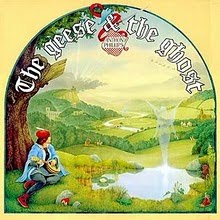



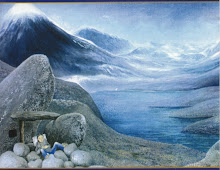

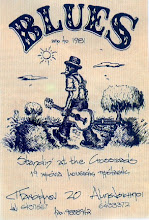

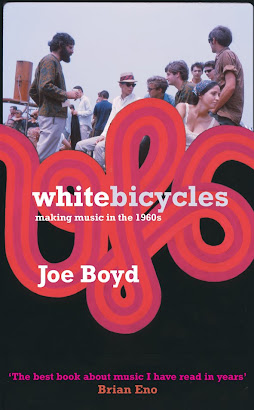
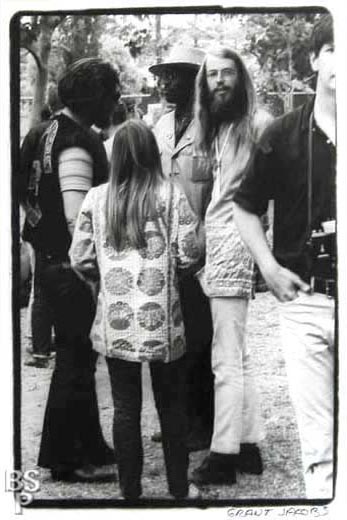
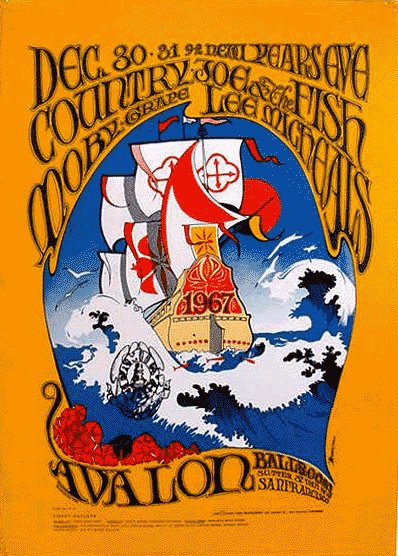
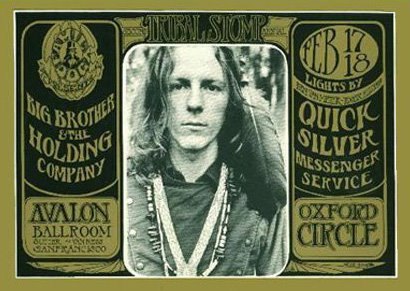
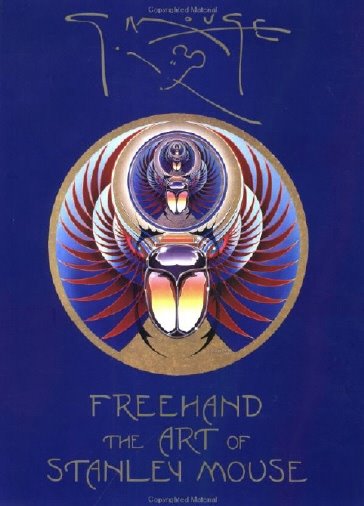.jpg)

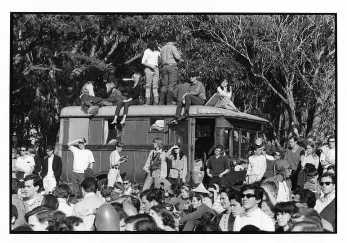




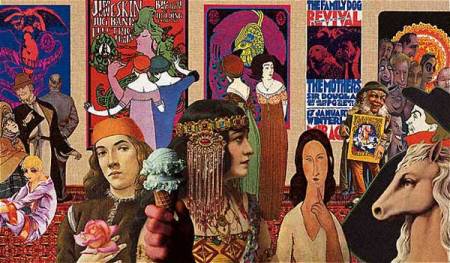.jpg)
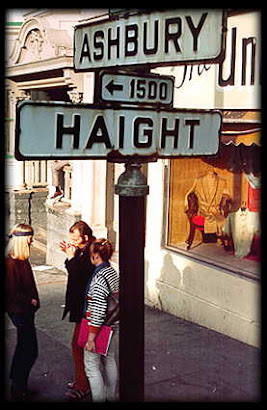
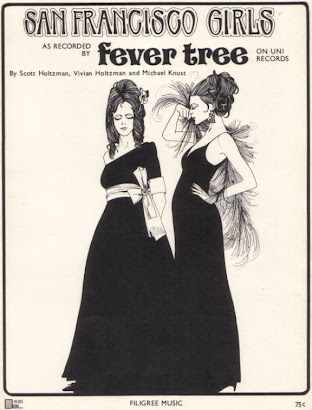
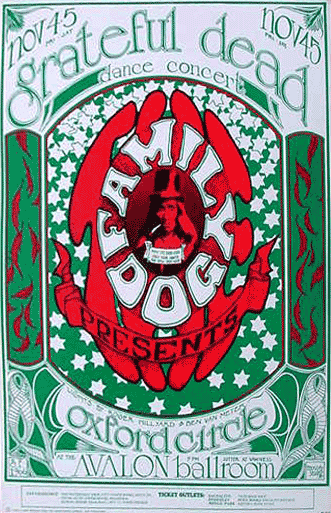
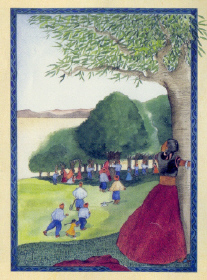
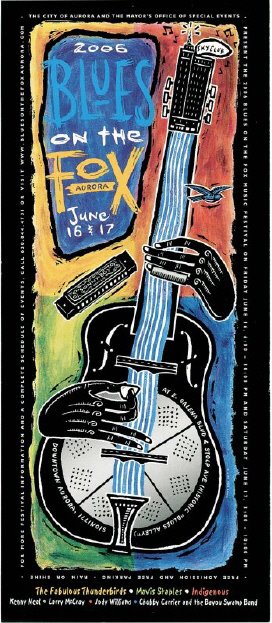












%20@320.jpg)







.JPG)






































































+-+cover.png)














.jpg)




































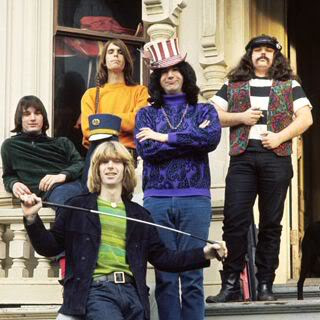






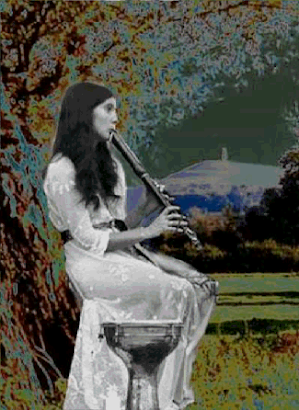













































.jpg)








0 σχόλια:
Δημοσίευση σχολίου